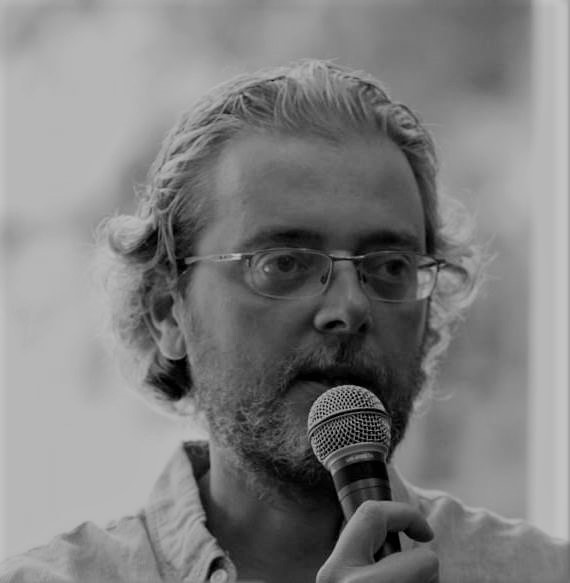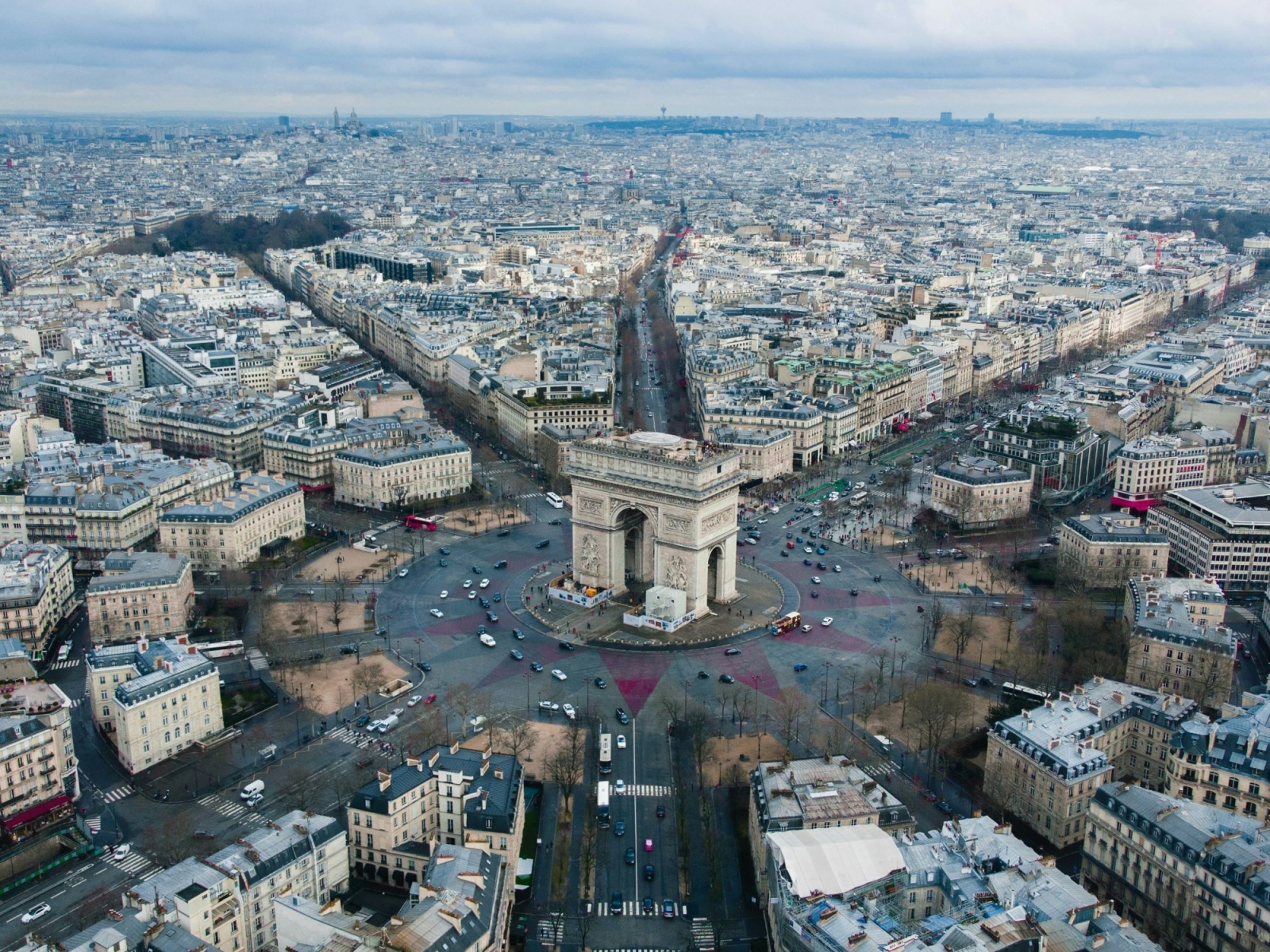Just three weeks after the European elections, the French will return to the polls for legislative elections in a double round on June 30 and July 7. French President Emmanuel Macron made the decision to dissolve the National Assembly after the Besoin d'Europe coalition (led by his Renaissance party) received 15.2 percent of the vote compared to the 31.5 percent received by the far-right Rassemblement National of Marine Le Pen and Jordan Bardella.
The defeat of the French Greens
In France, one of the sharpest defeats in the recent European elections was that of the Greens, who won 5.50 percent, corresponding to 5 seats in the European Parliament. In 2019, at the height of the Friday for Future movement's curve, they had garnered 13.5 percent of the vote (corresponding to 12 euro seats), making them the third largest coalition across the Alps. While at the European level the green vote fell from 9.8 percent to 7.08 percent (with the number of seats dropping from 74 to 51), in France support more than halved, as did transalpine representation in the Europarliament.
For Les Écologistes, this was a cold shower, especially in light of a political path that has seen the Green party led by Marine Tondelier take an intersectional approach, going far beyond strictly environmental struggles: from pacifism to the fight against poverty, from opposition to nuclear power to protection of public education and health care. In addition, last May 30, the French Senate has adopted a bill to ban the manufacture, import and sale of certain consumer products containing PFAS starting in 2026. In order to expose the dangers of these "eternal pollutants" and detect their presence in our bodies, Les Écologistes had carried out a series of tests, tracing their presence in 80 percent of the water sampled. This important result in the upper house, however, did not translate into votes at the time of the European elections.
The resounding success of the Rassemblement National and the debacle of the coalition headed by President Macron had an immediate effect on the French left. The Socialist Party, France Insoumise, the French Communist Party, Place publique, Republican and Socialist Left, New Anti-Capitalist Party, and Ecosocialist Left, together with Les Écologistes have decided to coalesce into the Nouveau Front Populaire inspired by the coalition that brought Léon Blum to government in 1936 by achieving a series of successes for workers. The idea of building a united Gauchist front arose from a mere numerical observation: the sum of the shares obtained by these parties in the European electionswould have been higher than that of Le Pen and Bardella's Rassemblement National.
The program of the Nouveau Front Populaire
In the run-up to the double round on June 30 and July 7, the Nouveau Front Populaire presented potential voters with a unified program capable of responding to "social, ecological, democratic and peace urgencies," of representing a discontinuity from Macron's policies and a levee against the "racist and social destruction project of the far right."
In case of victory, the Nouveau Front Populaire has the ambition to adopt, in the first two weeks of its government, 20 breakthrough acts to address social urgencies, above all the freeze on prices of basic food items, energy and fuel, the repeal of the raising of the retirement age to 64, the moratorium on major highway infrastructure projects, the regulation of water resources, the revitalization of social housing, the proposal of total free schooling, and the planning of a strategy to avoid the saturation of hospitals in the summer season. Following these emergency measures taken by decree, they would work on five legislative packages in the first 100 days to structurally intervene on wages, health, education, finance and the environment.
To improve spending power, the coalition proposes to abolish the 10 percent tax on energy bills as well as the gas price increase scheduled for July 1, while indexing wages to inflation. In the health care sector, the intention is to launch a multi-year recruitment plan for doctors, nurses, caregivers and administrative staff and to distribute health care professionals throughout the territory so as to stem the phenomenon of health care deserts.
Proposals in the educational sphere include reducing headcount per classroom to below the European average of 19, modulating the endowments of school establishments in accordance with social diversity goals, and a series of investments in the re-evaluation of salary grids, school premises and accompanying services for disabled students. In the financial field, the priorities are progressivity of income tax in 14 brackets, elimination of the flat tax and inefficient and unfair tax loopholes, reform of the inheritance tax, and establishment of a mileage tax on imported products.
For an ecological planning law
Due to the environmental roots of most of the parties in the Nouveau Front National, the law on ecological planning is the most articulate among the five included in the program for the first 100 days of government. Alongside the passage of a climate and energy law and the assumption of the green rule (do not take from nature more than it can regenerate) as the guiding principle of any environmental measure, the Gauchist government program includes the implementation of a climate plan aimed at carbon neutrality by 2050, the strengthening of renewable energy production support for home energy renovations (partial for all, total for low-income households), energy efficiency upgrades in public buildings, planning a strategy to make France the European leader in offshore wind and tidal energy development, and stopping the privatization of hydroelectric dams.
Playing a decisive role in casting the votes could be he results achieved at the local level by many mayors belonging to Les Écologistes: from Grégory Doucet (Lyon) to Pierre Hurmic (Bordeaux), from Jeanne Barseghian (Strasbourg) to Emmanuel Denis (Tours), from Anne Vignot (Besançon) to Eric Piolle (Grenoble). In the face of the vanishing of the center forces, this confederation of left-wing parties seems to be the only way to curb the advance of the far right. One wonders how much the fear of the black wave over the Hexagon and the urgency of the socio-environmental crises will be able to ensure that this heterogeneous political mosaic holds up.
This article is also available in Italian / Questo articolo è disponibile anche in italiano
Image: Rodrigo Kugnharski, Unsplash



